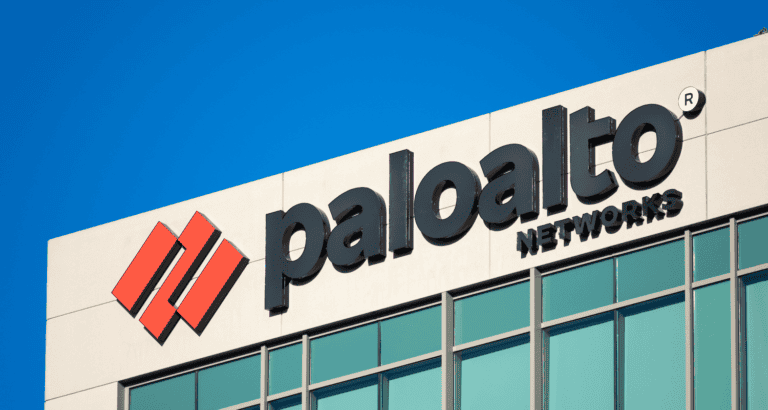Prisma AIRS, the AI security component of Palo Alto Networks, is getting new integrations. Agents from Factory, Glean, IBM, and ServiceNow are now available natively. This makes it as easy as possible to protect agents against prompt injections and other abuse or unwanted AI behavior.
Like many other parties, Palo Alto Networks reminds us that the number of AI agents is set to explode. Microsoft’s widely accepted prediction is that 1.3 billion agents will be active in IT environments by 2028. This immediately raises the question of how all these digital tools will be protected.
Palo Alto has built AIRS for this purpose, which is already in version 2.0 within the same calendar year. After the acquisition of Protect AI, Palo Alto Networks first worked on integrating this party into its own platform. Now, the capabilities of AIRS are being expanded to serve as a platform for end-to-end AI protection. AIRS 2.0 continuously tests itself against threats, ensuring that the platform designed to provide security remains secure itself. The solution works in-line, so security no longer acts as a barrier to AI implementations.
Anand Oswal, Executive Vice President of Network & AI Security at Palo Alto Networks, explains that Prisma AIRS aims to transform security from an obstacle to an accelerator. “Through deep, native integrations with Factory, Glean, IBM, and ServiceNow, we provide the trusted security foundation needed for rapid deployment.”
Four new partnerships
The Factory integration protects development workflows by inspecting prompts, responses, and tool calls. This allows development teams to roll out AI-driven development faster with the assurance that code and data are protected end-to-end.
With Glean, now generally available, Prisma AIRS adds an extra layer of security to the existing security architecture. The integration scans user prompts and LLM responses in real time. “Security must evolve as quickly as AI agents are deployed,” said Sunil Agrawal, CISO at Glean.
The IBM integration works with watsonx Orchestrate and Project Bob, IBM’s “AI-driven” IDE. Prisma AIRS performs prompt security here and detects vulnerable or malicious code. The integration gives ServiceNow AI Agent Studio better security for agentic workflows before agents perform actions. Ravi Krishnamurthy, Vice President of AI Platform at ServiceNow, emphasizes that the integration helps organizations deploy AI effectively while keeping operations secure.
Platform approach becomes standard
The new integrations are an obvious step toward maturing AIRS 2.0. As part of Palo Alto Networks’ platform strategy, AI must also be protected with a complete security solution, with agents now receiving attention. However, AI is not the only area of expansion for the platform. For example, Palo Alto recently announced the new Cortex Cloud ASPM module, aimed at preventing security issues during development.
Nevertheless, there is a focus on AI security, and that is not coming out of the blue. The number of AI applications is growing rapidly, with machine identities posing a new challenge. Identity security players have now decided that agents must be managed in the same interfaces as the identities of normal employees. Whereas traditional security focused on these human users, organizations must now also take into account large numbers of agents who consult sensitive data and do not always perform predictable actions.
Through native integrations with existing platforms, security vendors want to prevent organizations from having to choose between innovation and security. The past has taught us that one often comes without the other within a company. The integrations should ensure that teams can continue to work with familiar tools while security automatically monitors them.
